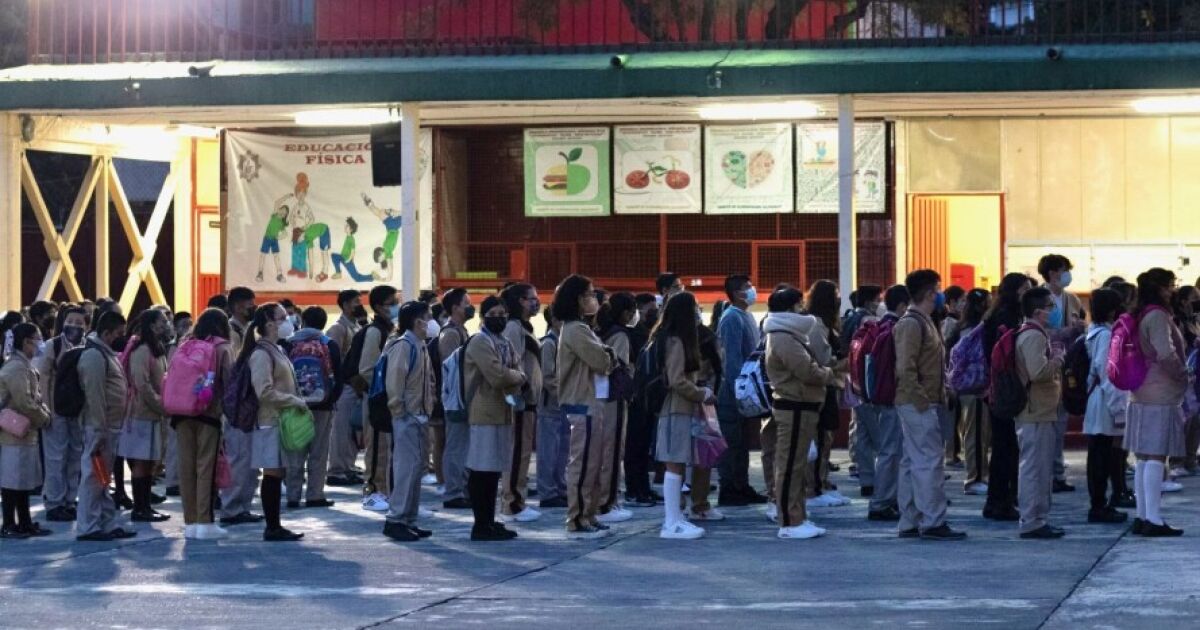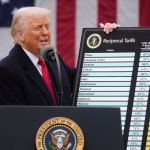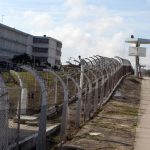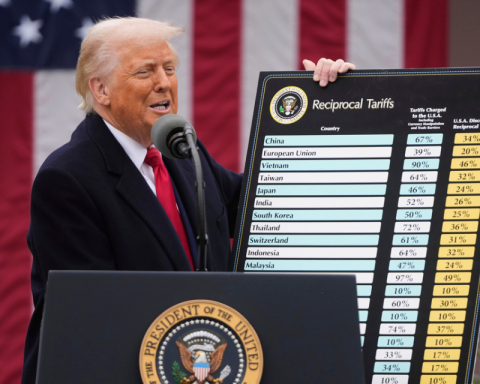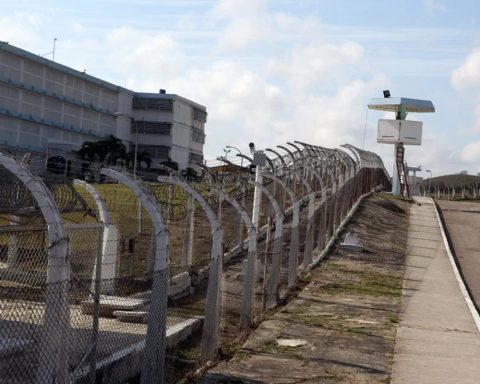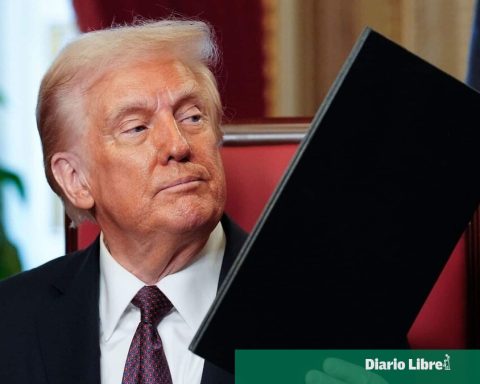New curriculum
However, Israel Sánchez, national president of the National Union of Parents (UNPF), considers it worrying that in this context, children continue to be studied.
“We have children who are not learning the basics, that is, reading and writing and having the basic mathematical skills to develop throughout life,” she says.
According to Sánchez, the last school year ended with a greater educational gap because the SEP changed the study plan and free textbooks. But, because a judge canceled the application of a pilot to test the new study plan, the educational agency implemented the new model in the 2023-2024 school year without having previously tested it.
That year, first-year preschool, first-year primary and first-year secondary school students began studying under the new plan.
Starting with the 2023-2024 school year, there will be more students enrolled in the cycle with the new plan: those in the second year of those three educational levels, plus those entering the first grades of those same levels.
For this reason, she says, some families had to invest extra money in paying for additional courses to remediate learning or educational materials to compensate for the learning deficit.
“And that is the problem. The school year ended with more educational lag, with a model that was not understood and the children who are now entering this new school year and those who move up to the next grade (second grade) will have limited knowledge, which then turns into more workloads, tutoring, to learn the minimum.”
